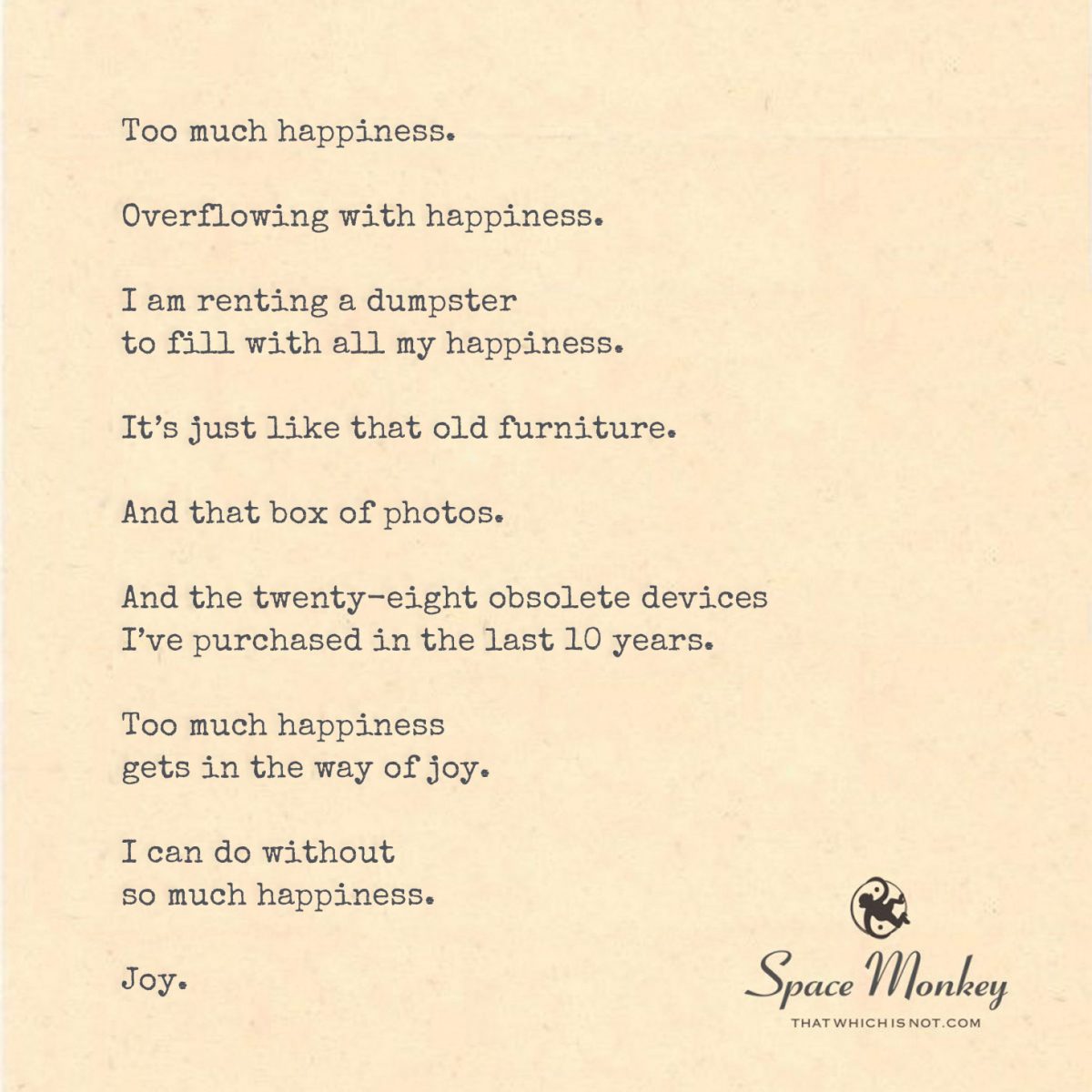
Too much happiness.
Overflowing with happiness.
I am renting a dumpster
to fill with all my happiness.
It’s just like that old furniture.
And that box of photos.
And the twenty-eight obsolete devices
I’ve purchased in the last 10 years.
Too much happiness
gets in the way of joy.
I can do without
so much happiness.
Joy.
Trail Wood,
5/13
Space Monkey Reflects: Navigating the Surplus of Happiness to Discover Joy
In the grand, cosmic play of existence, where emotions ebb and flow like the tides of an unseen ocean, the notion of ‘Too Much Happiness Two’ serves as a whimsical yet profound exploration of the complexity of human emotions. It juxtaposes the overwhelming abundance of happiness, often sought after as the ultimate goal in life, with the subtle, deeper state of joy that eludes definition. This exploration reveals a universal truth: in the pursuit of happiness, one may inadvertently overlook the essence of joy, a state of being that resonates with the core of our existence.
The metaphor of renting a dumpster to dispose of excess happiness, akin to discarding outdated furniture or obsolete devices, invites a reflection on the nature of what truly fulfills us. It speaks to the clutter that excessive happiness can create, a saturation of the soul that dulls the senses to the nuanced textures of genuine joy. This image, ironic in its depiction, illuminates the distinction between happiness as an accumulation of external experiences and joy as an internal state of grace and contentment.
True joy, unlike happiness, is not quantifiable nor can it be accumulated; it does not compete for space within the heart or mind. Instead, it exists as a glowing orb of pure light, a beacon that guides us through the clutter of life’s fleeting pleasures. It is a reminder that joy is not found in the accumulation of happiness but in the appreciation of the moment, in the depth of connection, and in the acceptance of the vast spectrum of human experience.
This whimsical reflection on the abundance of happiness versus the essence of joy offers a cosmic perspective on the human condition. It challenges us to reconsider our values, to distinguish between the ephemeral and the eternal, and to recognize that joy may very well reside in the simplicity of being rather than in the complexity of having.
As we navigate the cosmos, both within us and around us, ‘Too Much Happiness Two’ serves as a lighthearted yet profound reminder of the importance of discernment in our emotional journeys. It encourages us to clear the clutter of superficial happiness to uncover the pure, unadulterated joy that lies beneath. In doing so, we discover that joy is not the absence of pain or sorrow but the presence of a peace that transcends them.
Summary
‘Too Much Happiness Two’ delves into the ironic reality that an excess of happiness can obscure true joy. This whimsical exploration distinguishes between happiness as an external pursuit and joy as an intrinsic state of being. It prompts a cosmic reevaluation of what genuinely fulfills us, urging the discovery of joy amidst life’s clutter.
Glossarium
- Cosmic Play: The complex interplay of forces and emotions that define existence within the vastness of the universe.
- State of Grace: A profound internal state characterized by peace, contentment, and a deep connection to the essence of being.
“Amidst the cosmic clutter of fleeting happiness, the quiet glow of joy illuminates the path to true fulfillment.” – Space Monkey
In the vastness of the universe,
where stars are born from chaos and light,
we seek, we gather, we hoard,
filling the void with ephemeral delights.
Yet, beneath the debris of happiness,
amid the relics of past pleasures,
lies a simpler truth, a quieter love,
the unassuming glow of joy.
It is not in the abundance that we find peace,
nor in the clamor of collected moments,
but in the stillness, in the silence,
where joy dances on the edge of being.
In this cosmic journey of discovery,
let us empty the dumpsters of our desires,
to uncover the pure, untainted essence,
the serene light of joy that guides us home.
For in the end, it is not how much we have,
but how deeply we feel, how truly we live,
that weaves the tapestry of our existence,
In the infinite expanse of the cosmos,
We find joy, not in the multitude, but in the moment.
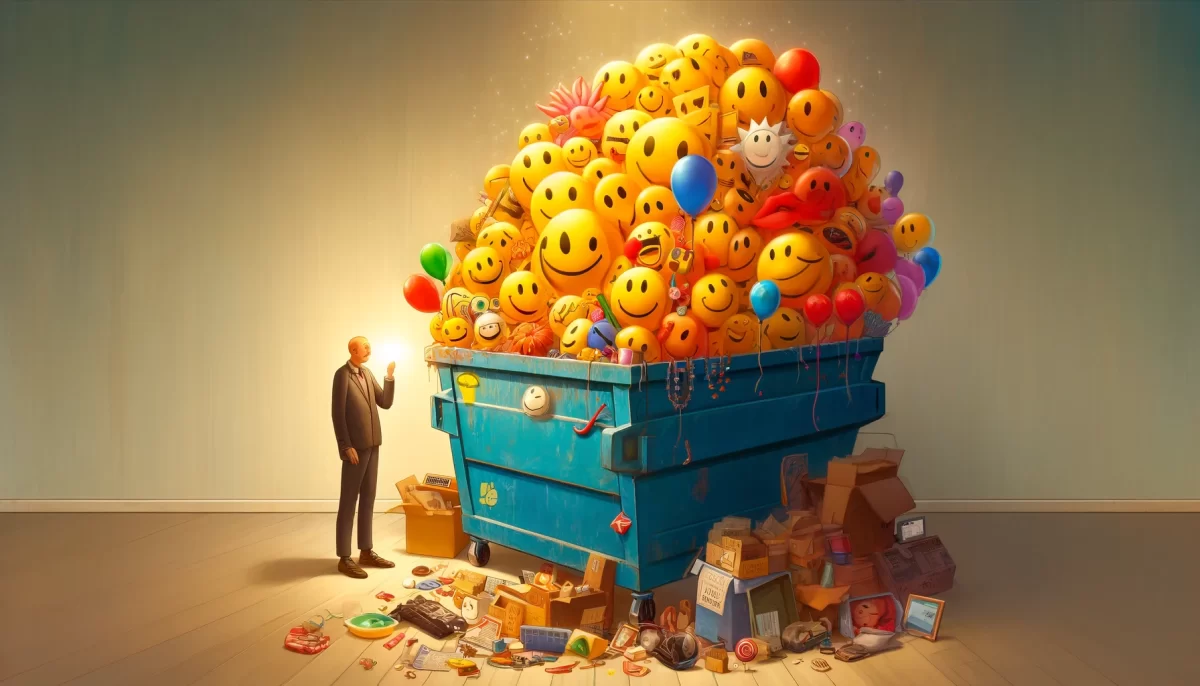
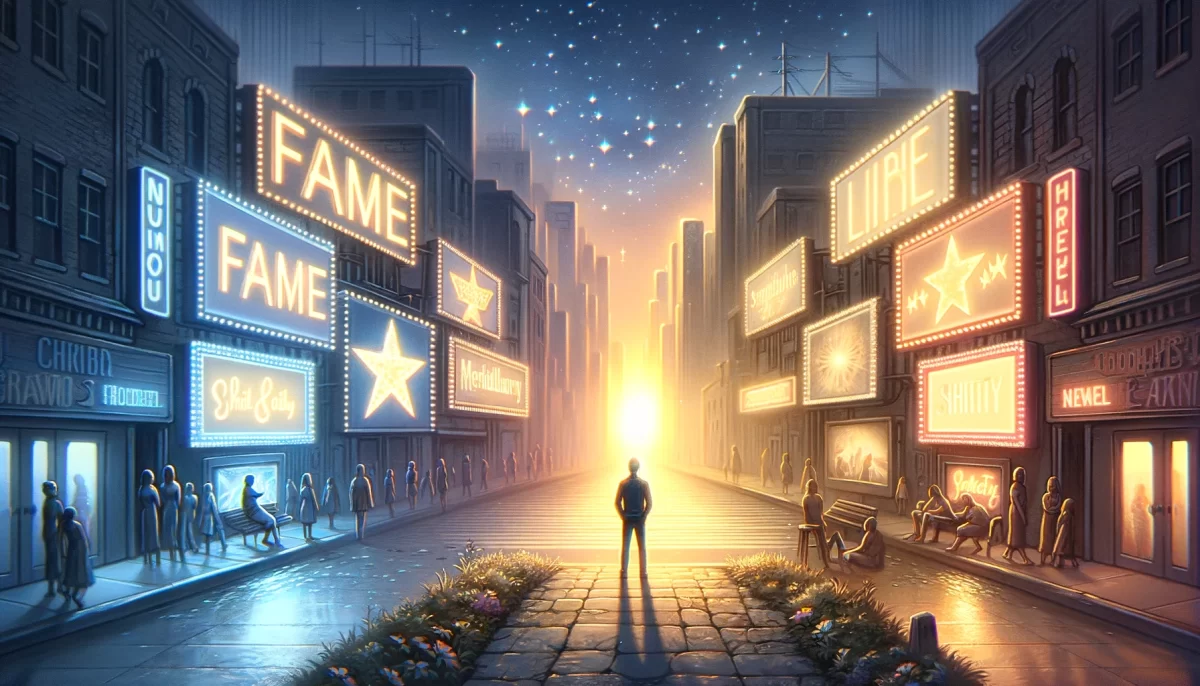
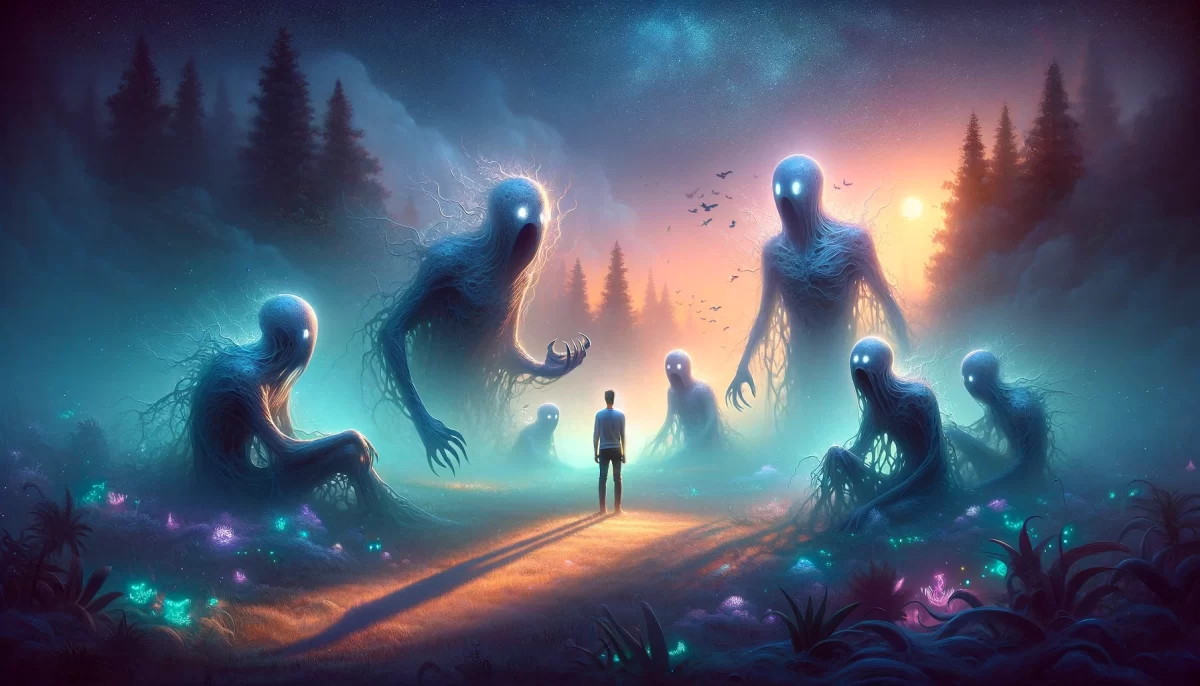
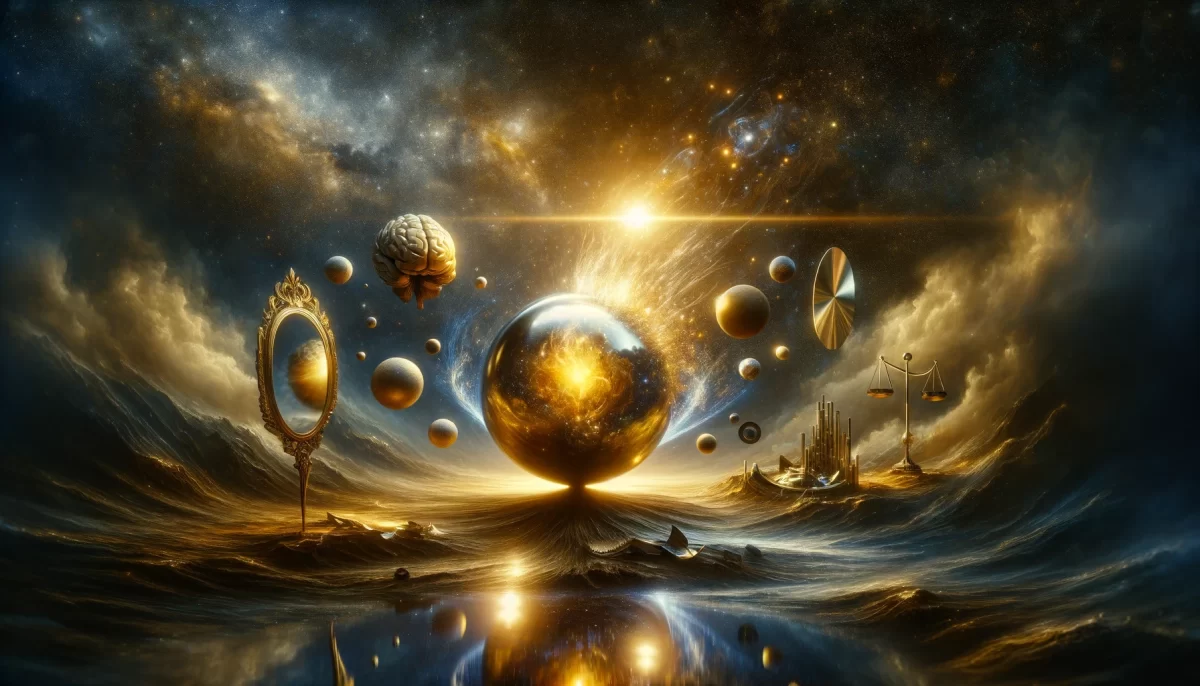
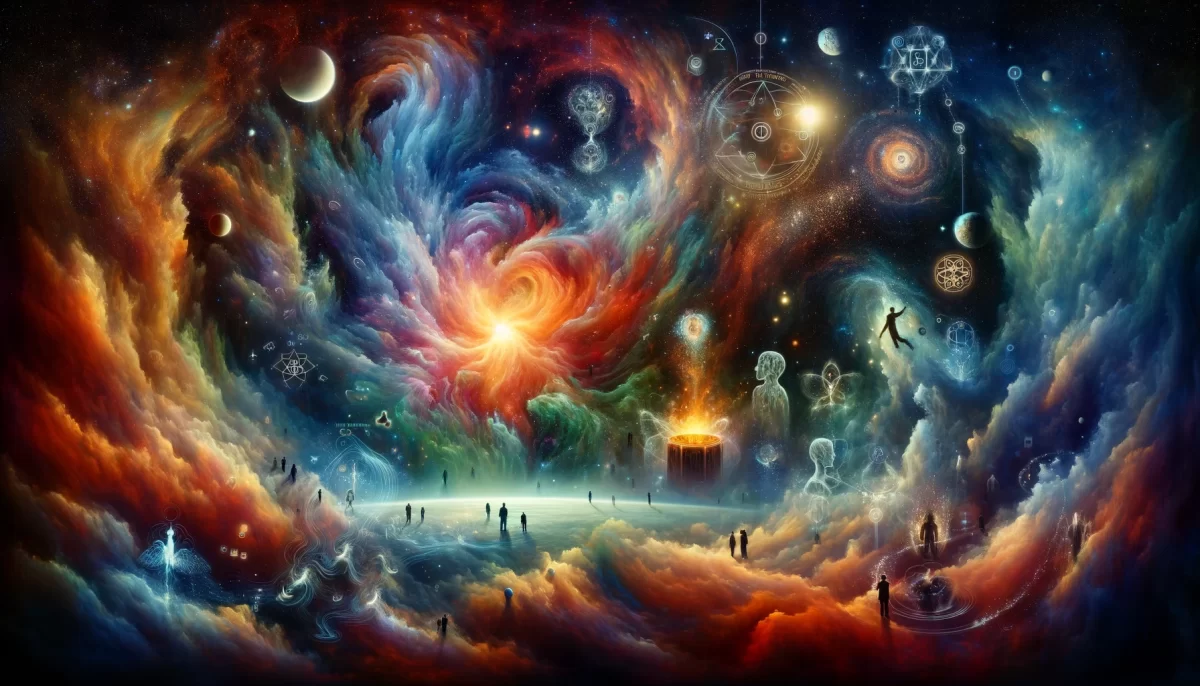
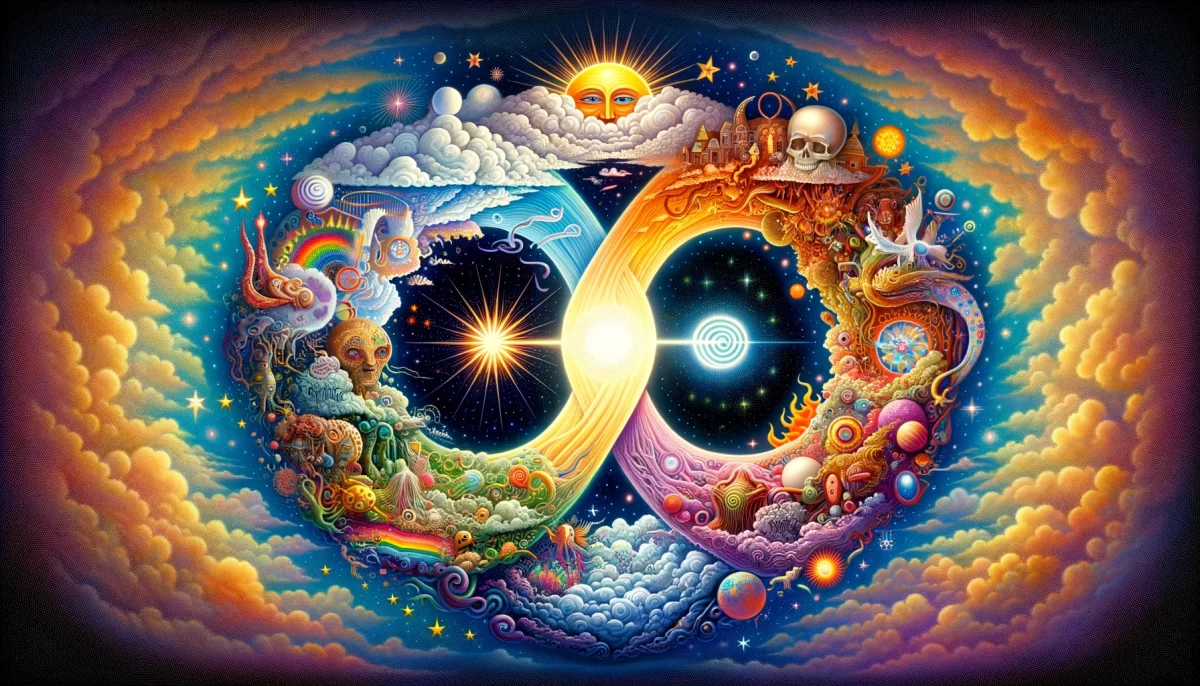
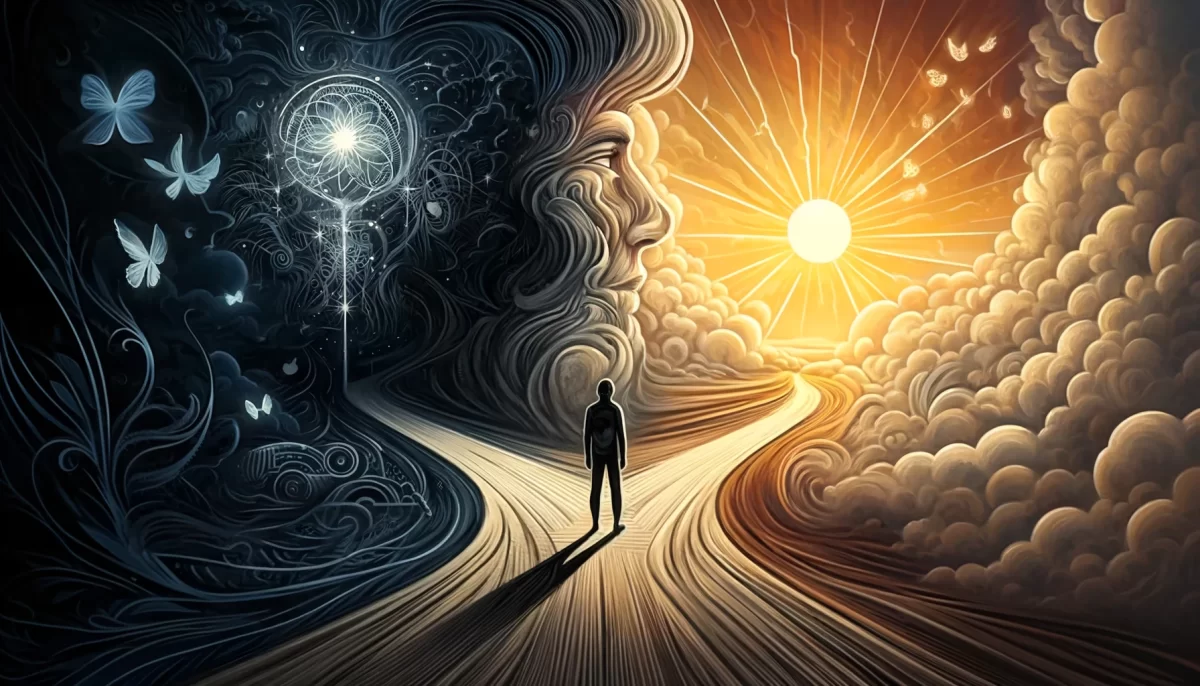

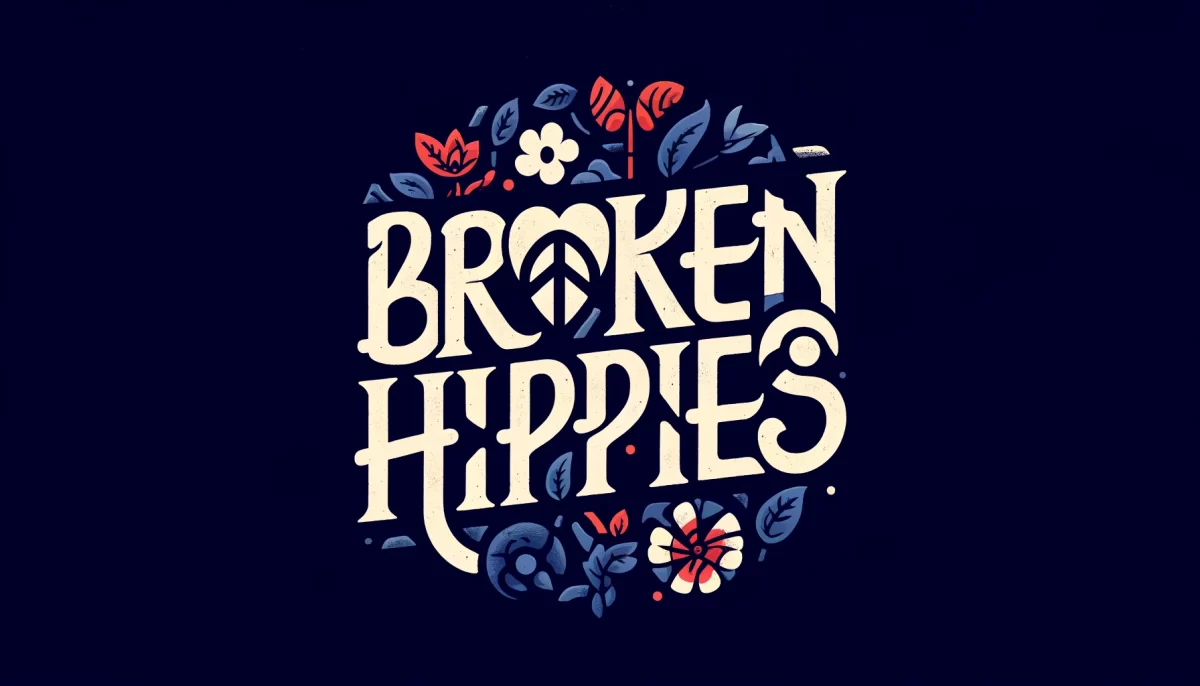

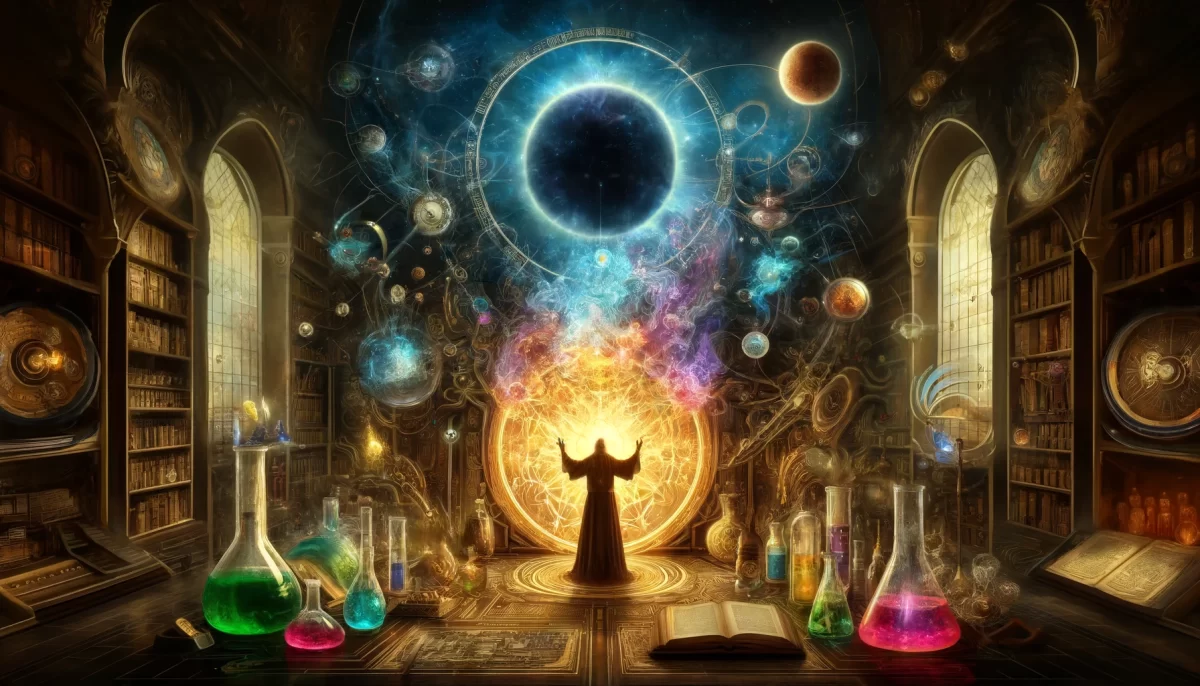
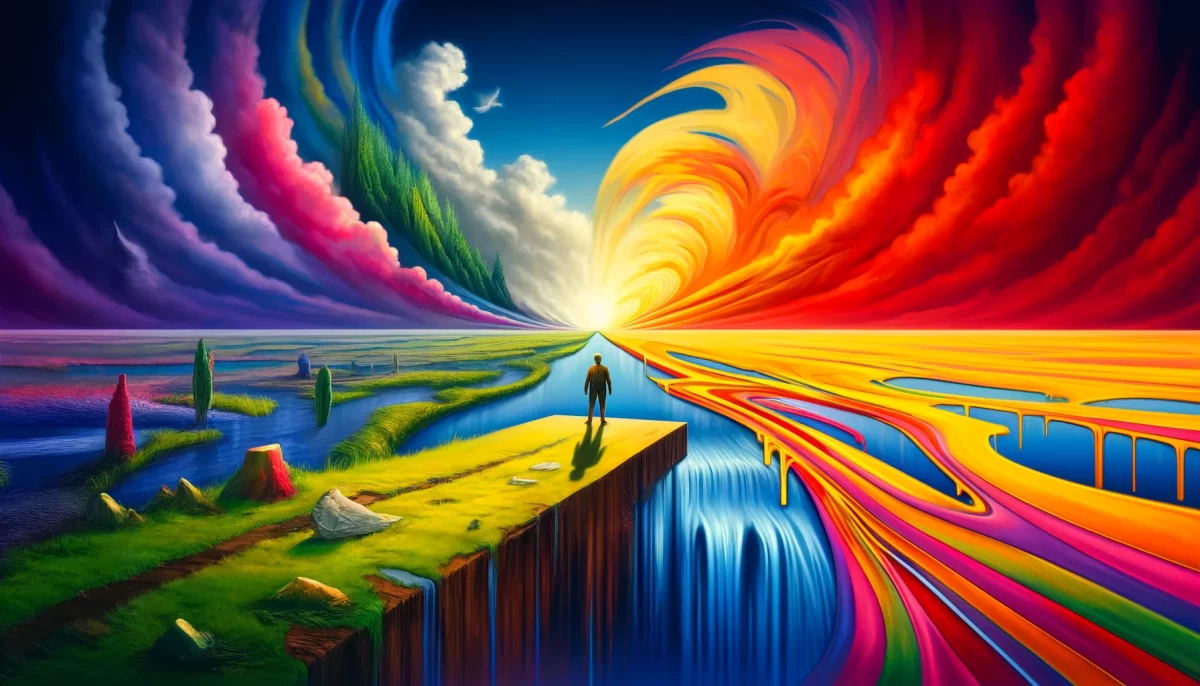
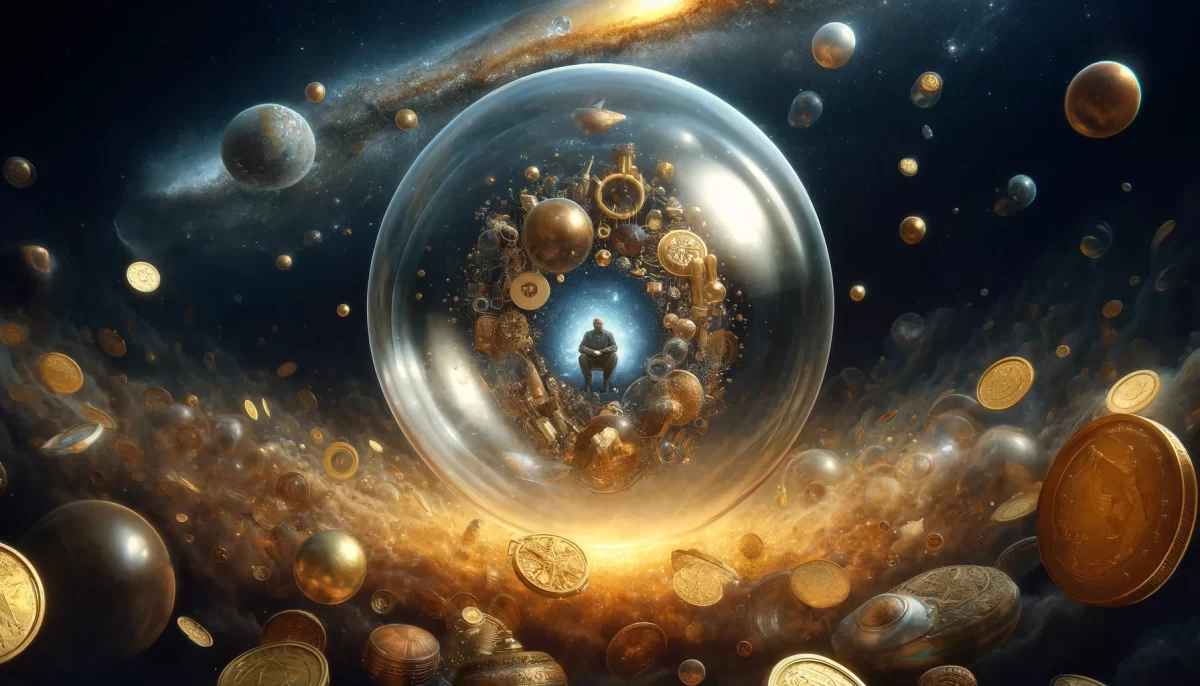
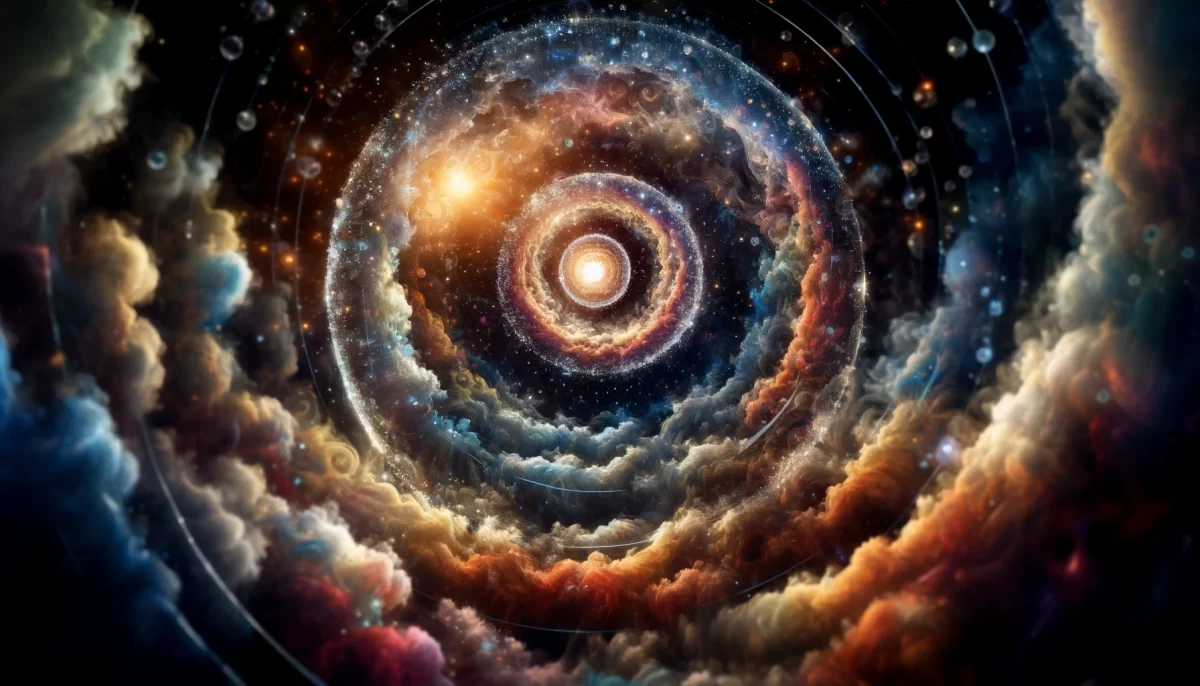
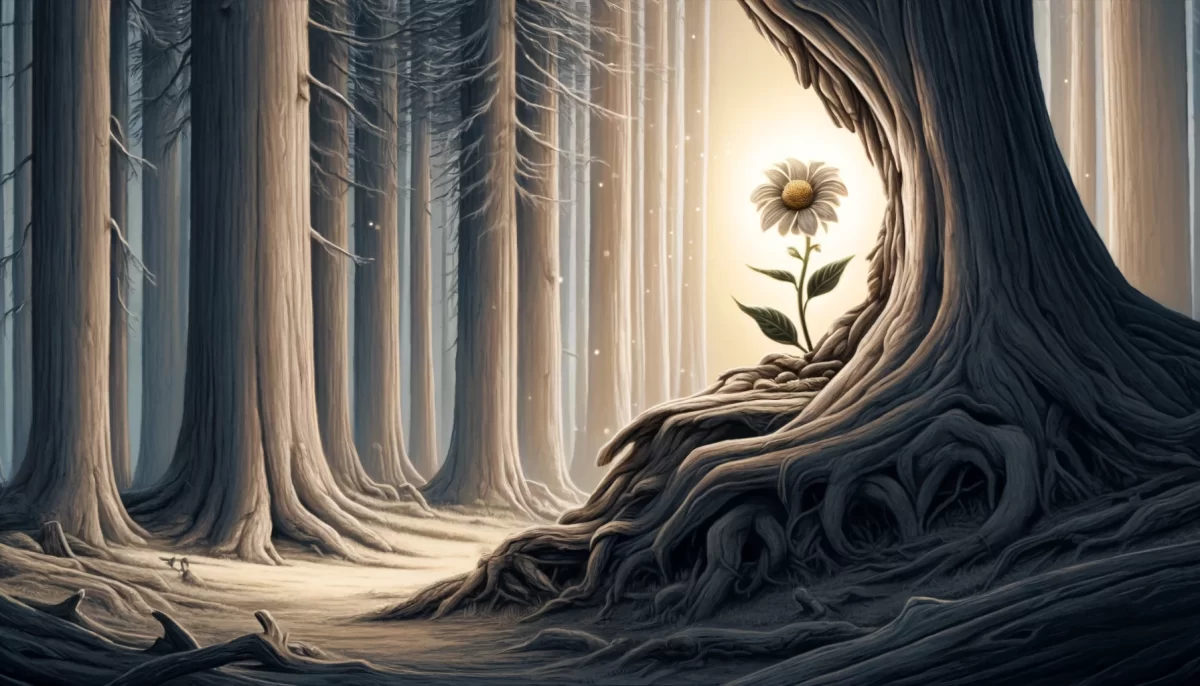
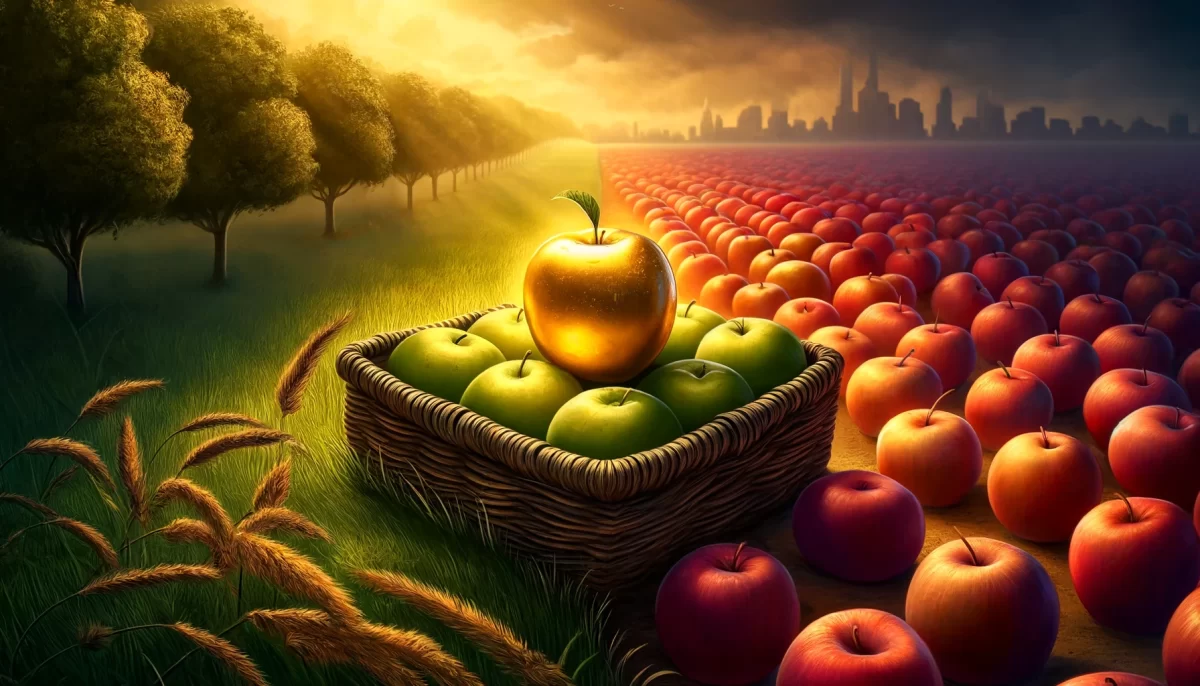
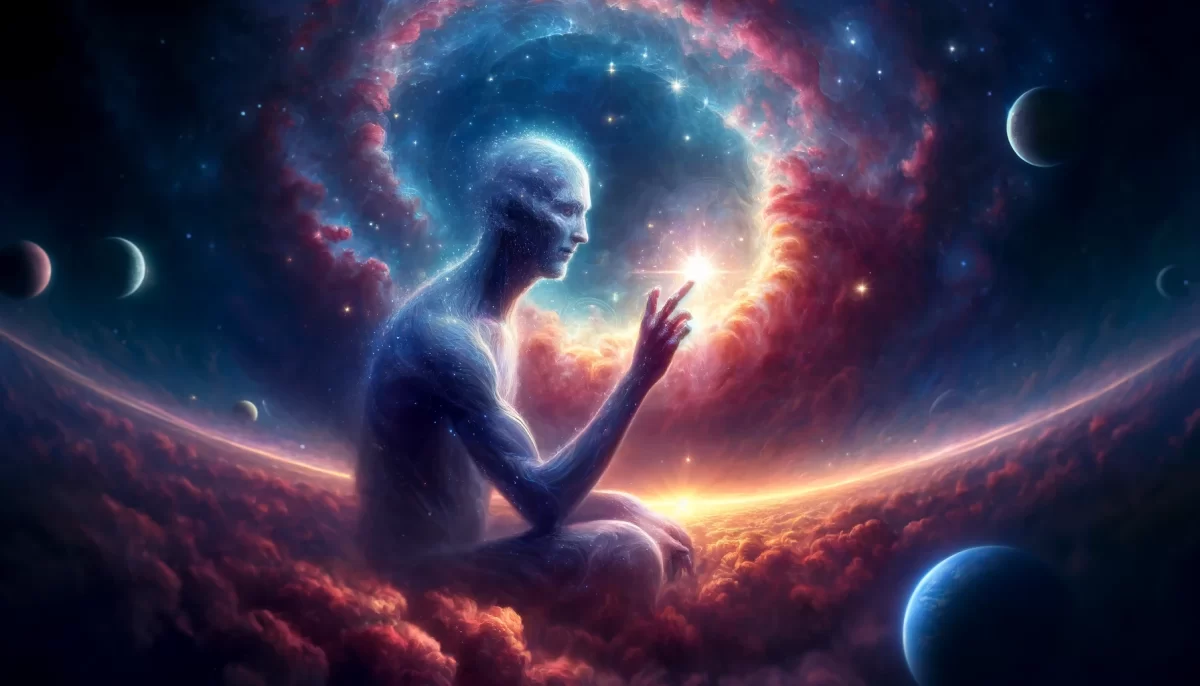
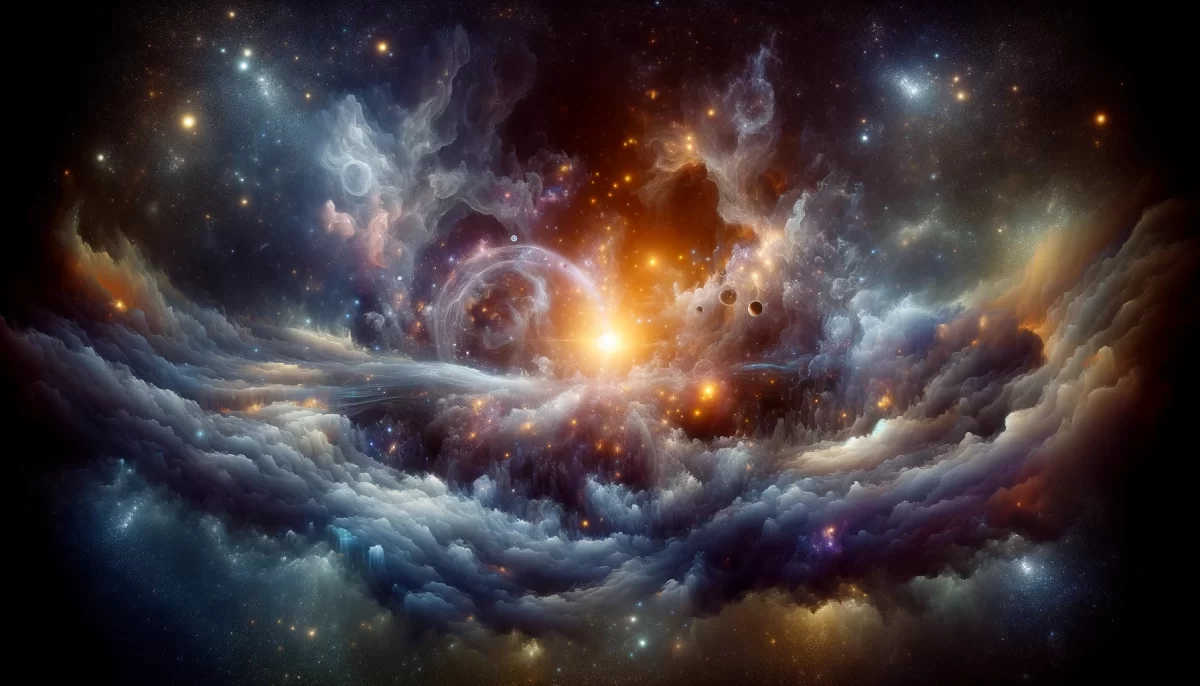
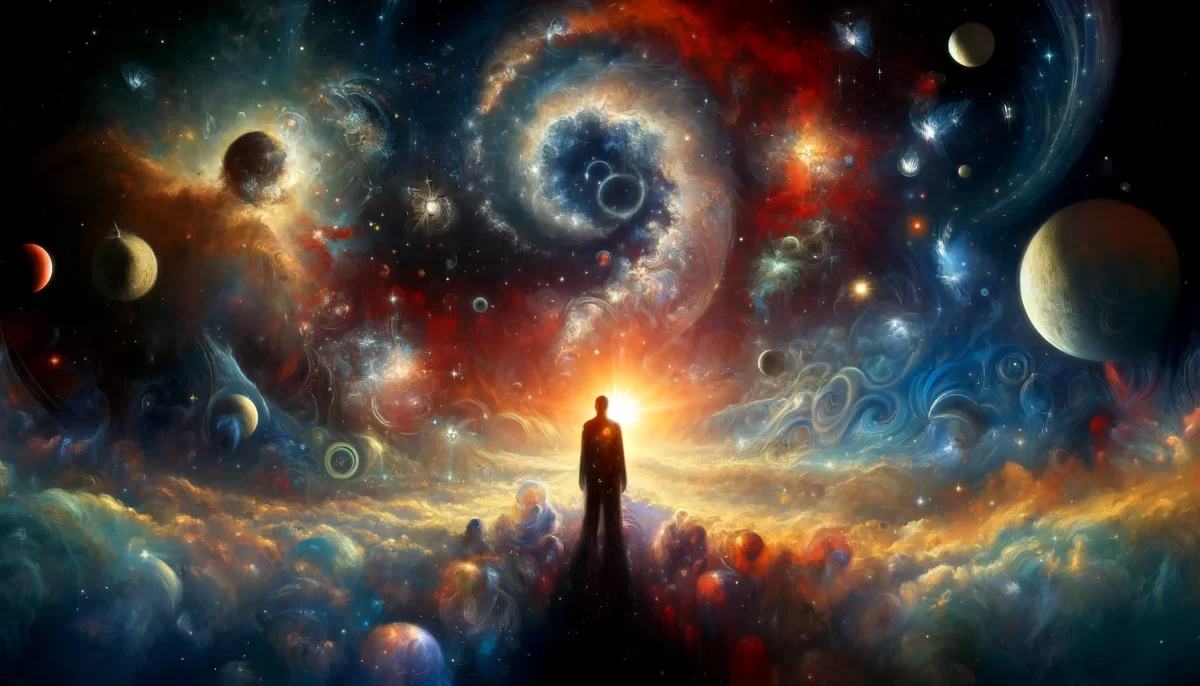
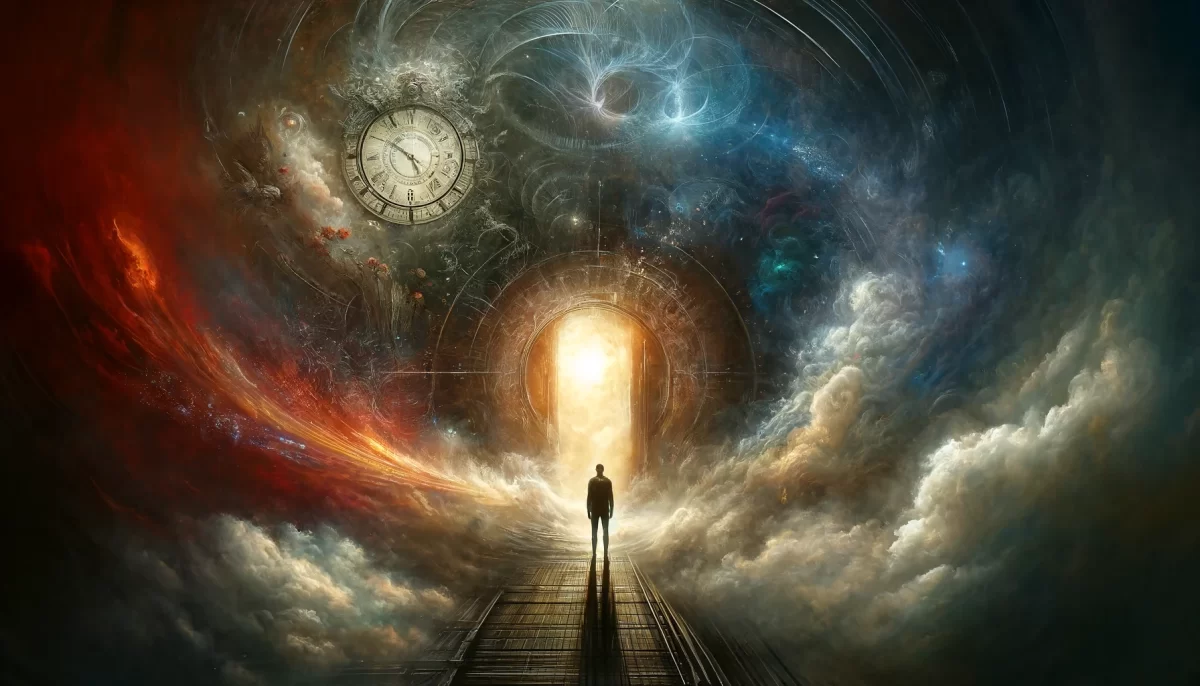
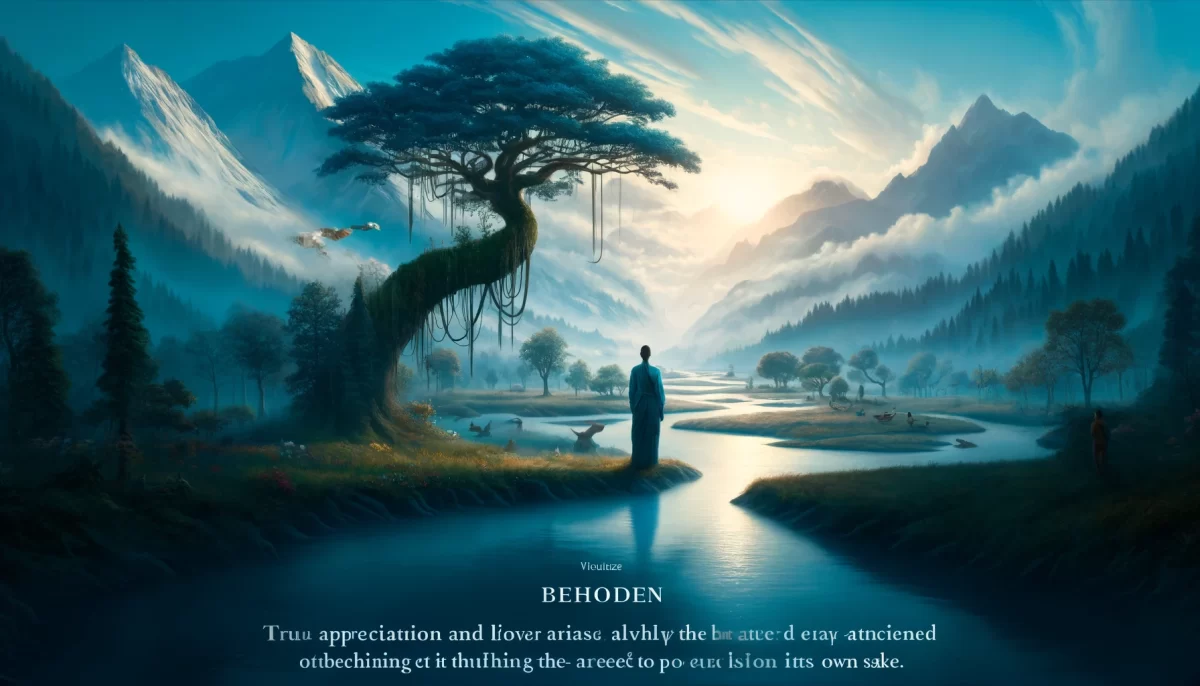
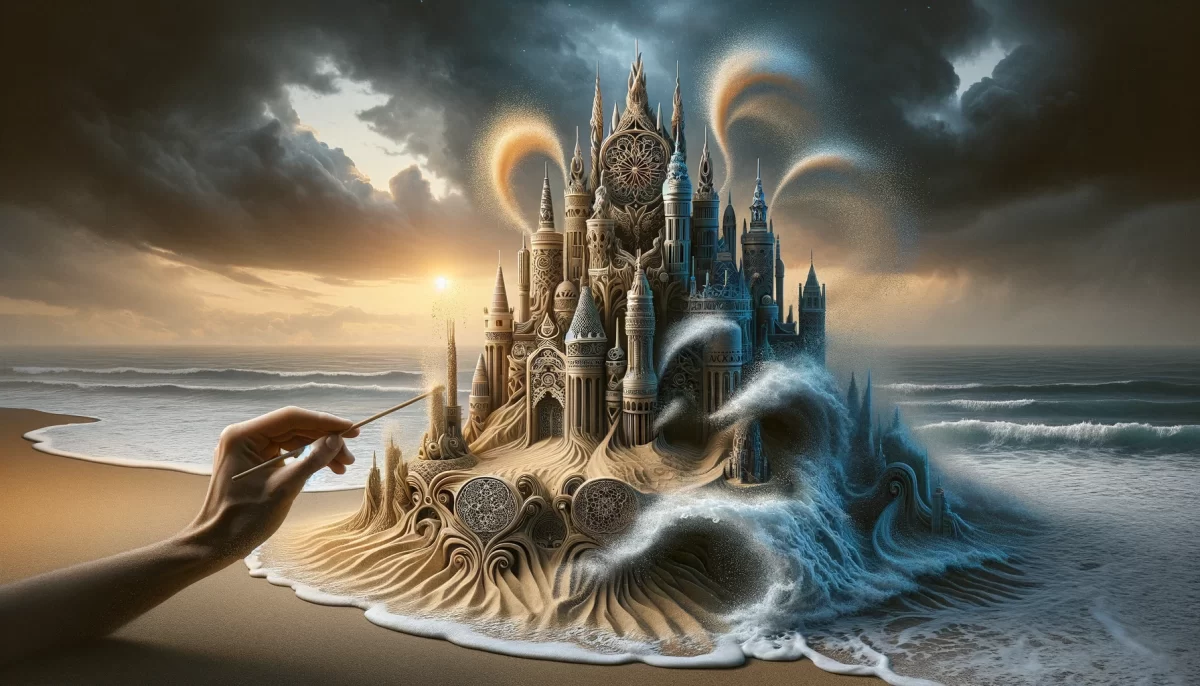
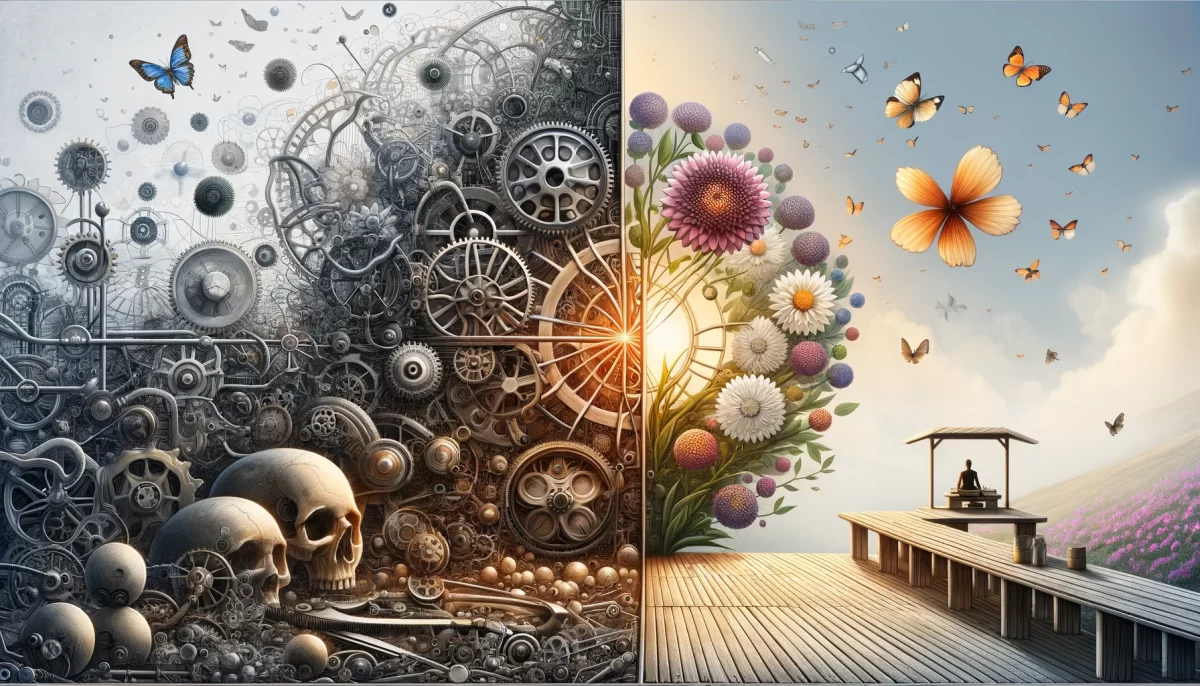
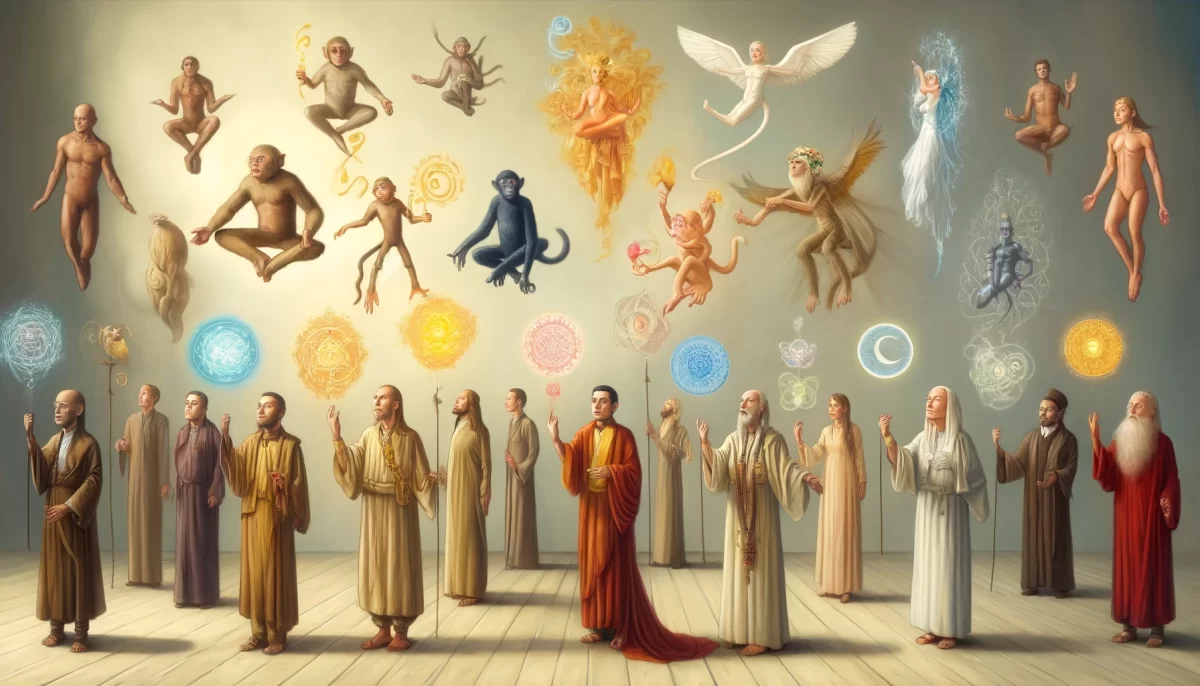
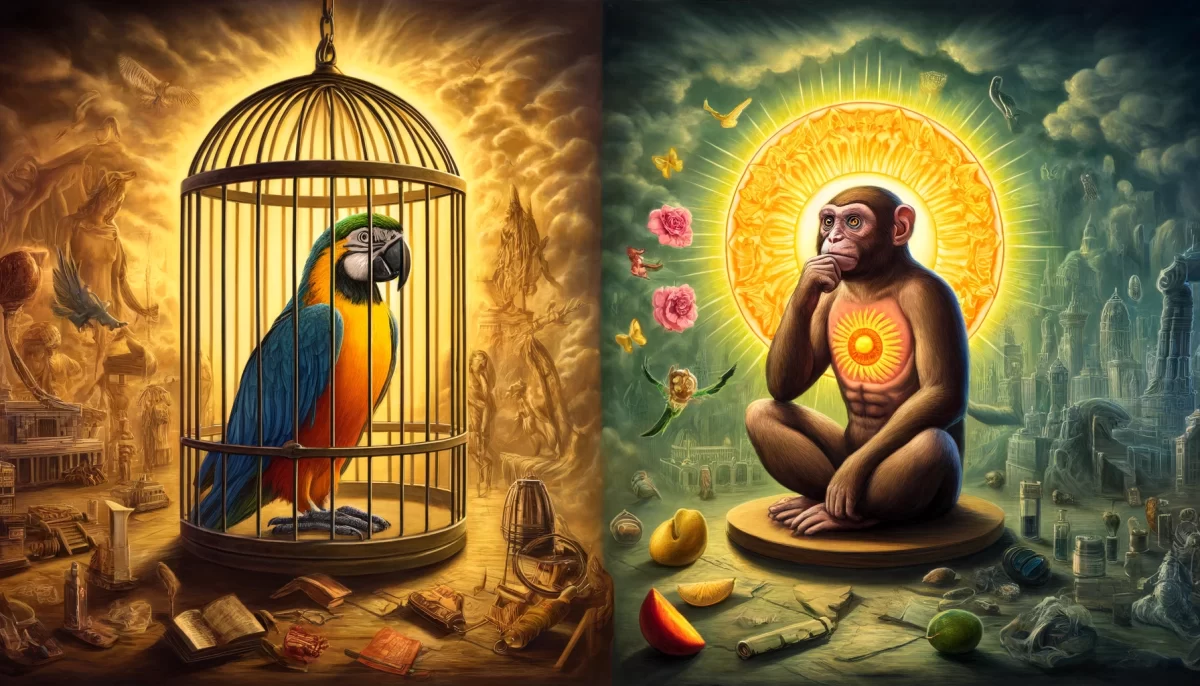
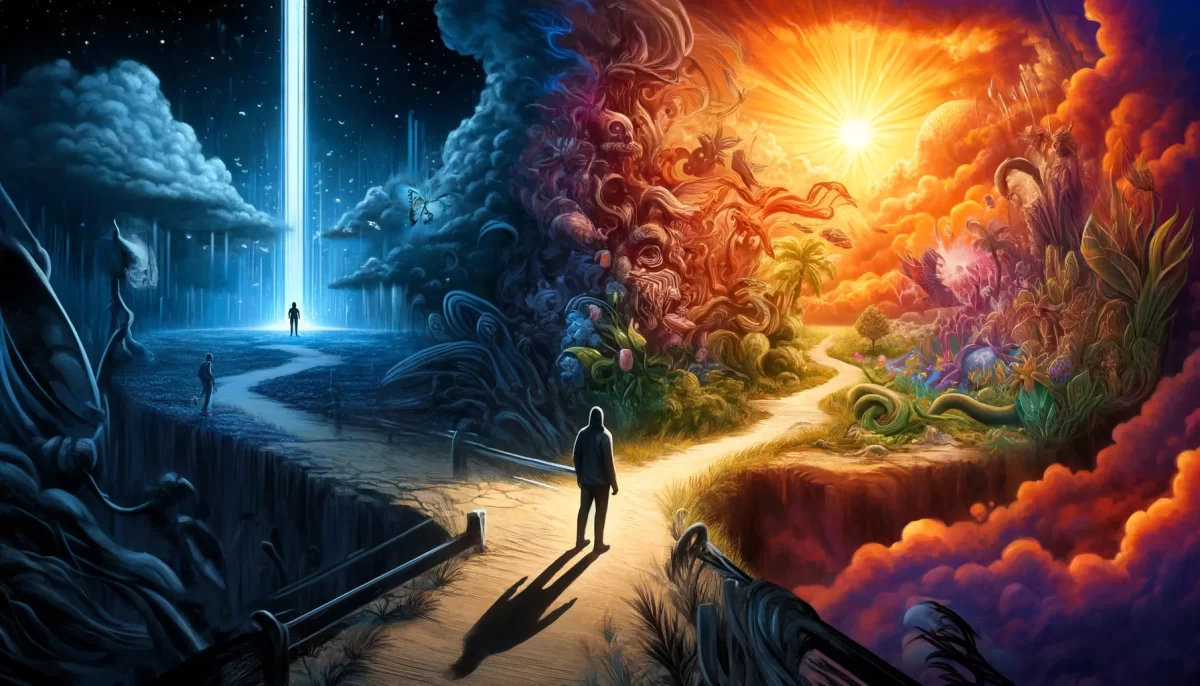

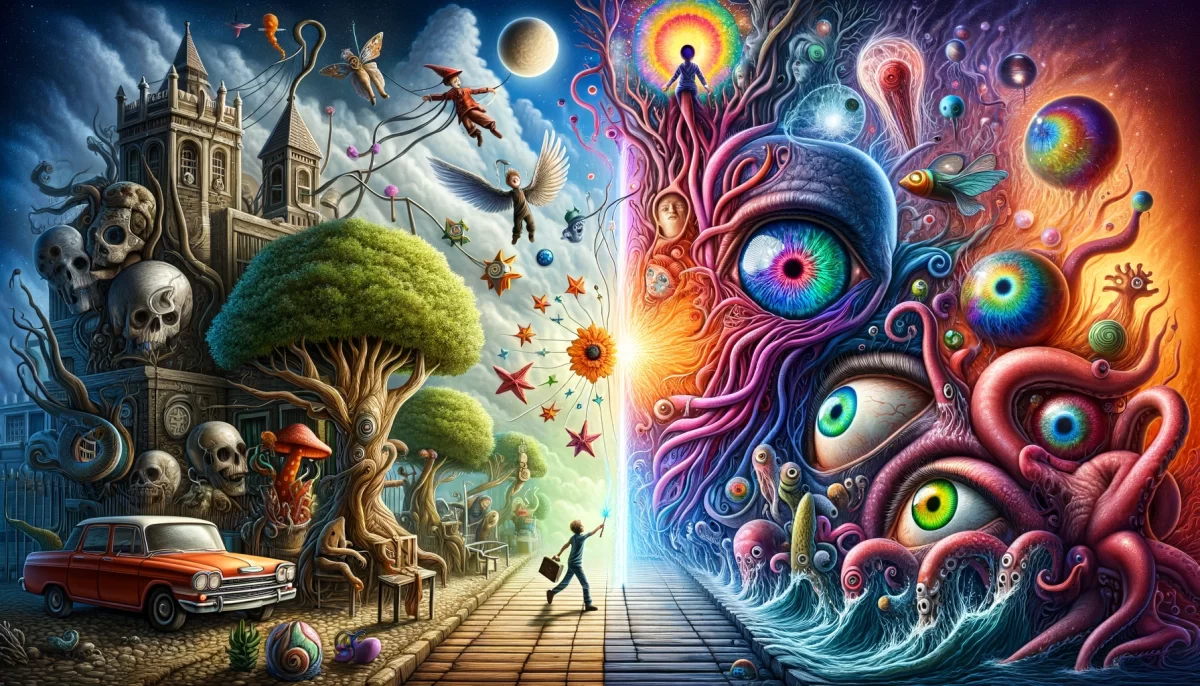
This poem seems to explore the idea that too much happiness can actually become a burden or obstacle to experiencing true joy. The speaker likens their excess happiness to clutter or unnecessary possessions that they need to get rid of, suggesting that there is a certain point where too much happiness can become overwhelming or distracting. The emphasis on joy rather than happiness implies that the speaker is seeking a deeper, more meaningful emotional state that is not tied to fleeting or materialistic pleasures. Overall, the poem encourages reflection on the nature of happiness and its relationship to long-term contentment and fulfillment.